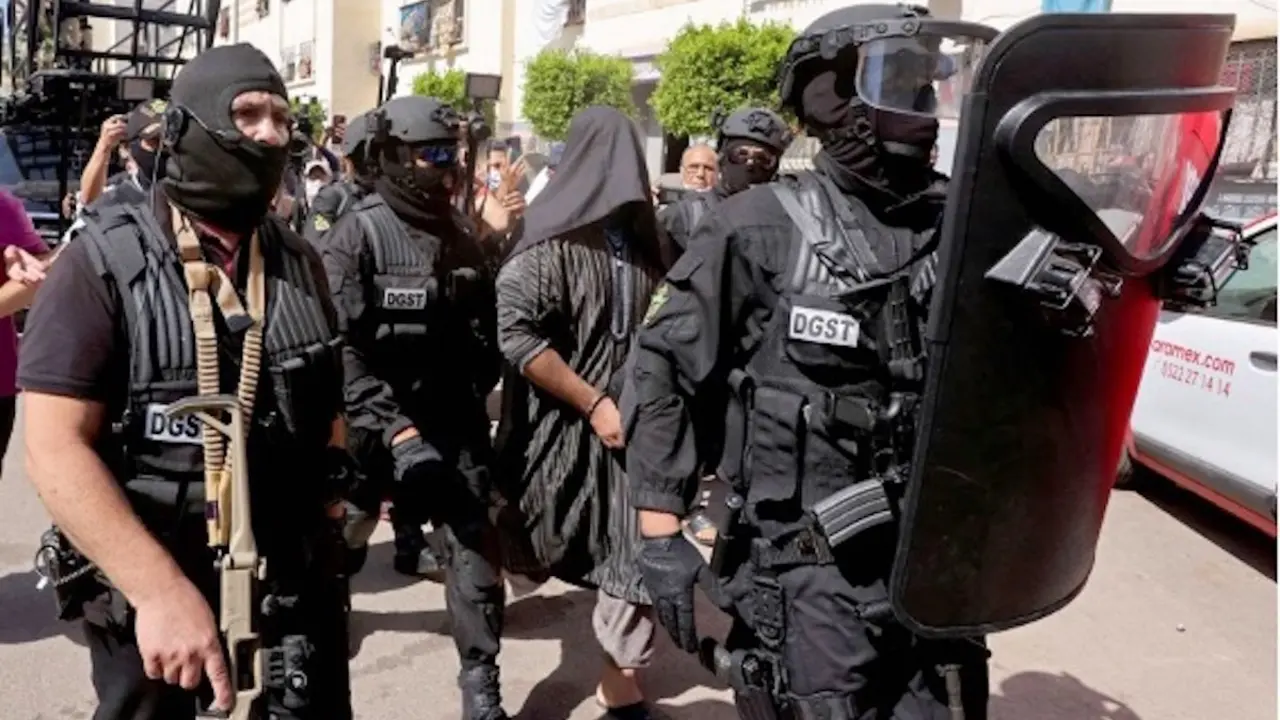U.S. says Iran may abandon Syria due to coronavirus situation

The United States has indicated that Iran may leave Syria due to the COVID-19 disease health crisis. A plague that is leaving hundreds of thousands of dead and millions of infected people around the world and that is putting a special pressure on the Iranian nation, very affected by this problem.
Brian Hook, US special envoy for Iranian affairs, has explained that the Islamic Republic of Iran now has more reason to leave Syrian territory, where a civil war has been going on since 2011, confronting the regime of President Bachar al-Asad against the insurgent rebels entrenched in the last opposition stronghold in the province of Idlib; and where the Persian nation has a great influence through the Quds Forces, international division of the Islamic Revolutionary Guard (elite force of the Iranian Army), and allied Shiite formations, such as the Afghan-born militia Liwa Fatemiyoun in this case.
Hook gave an interview to Foreign Policy in which he indicated that the US is accumulating indications of "a tactical withdrawal of Iranian forces in Syria".

The American expert on Iranian affairs has also added that the extension of the Persian influence in the Middle East region to gain more prominence in the area is greatly affected by the harsh impact of the coronavirus pandemic in Iranian territory, where more than 7,200 deaths have already been officially recorded and around 130,000 cases diagnosed. These figures could be much higher than what is being speculated in the United States.
Tehran has long been engaged in a campaign to expand its sphere of influence to try to manage the internal affairs of other neighbouring countries. Through the international activity of the Quds Forces it tries to interfere in other nations and, for that, it counts on the close collaboration of associated Shiite formations with which it cooperates in these countries; the case of Lebanon, with the militias of Hezbollah; Yemen, through the Huthian rebel groups that try to undermine the internationally recognized government of Abd Rabbuh Mansur al-Hadi; Iraq, through the Popular Mobilization Forces; or the own case of Syria, with Liwa Fatemiyoun.

Meanwhile, Morgan Ortagus, spokesman for the US State Department, has also highlighted the main objective of the US manoeuvre to put maximum pressure on the Iranian regime in order to force it to abandon its belligerent position and adhere to dialogue.
Ortagus, in an interview with Iran International, echoed by Al-Arabiya, said that the United States wants the countries of the world concerned about human dignity to join the sanctions against the Iranian regime and not tolerate its attitude.

He added that the Iranian people should know that the United States is on their side and will continue to support them, and that they will confront the Iranian regime every time they witness a human rights violation.
In fact, the latest signs of disappointment among the Iranian population are well known, with demonstrations in the streets, in view of the delicate situation the country is going through, plunged into a serious economic crisis and seriously affected by the coronavirus pandemic.
Iran's President Hassan Rohani warned a few weeks ago that the nation should prepare for possible difficult economic times due to the stoppage of activity, forced by the coronavirus crisis; and, in fact, the Persian government recently began a strategy of trade opening and relaxation of the containment and closure measures established to stop the spread of the coronavirus in order to reactivate the battered national economy.
At this point, Iran is suffocated by the political and economic sanctions imposed by the US government of Donald Trump when it withdrew in 2018 from the nuclear pact signed with Tehran in 2015 (JCPOA), together with China, Russia, France, the United Kingdom, Germany and the European Union (EU), which limited the Persian atomic program, especially in terms of weapons, after the US complaint about Iranian non-compliance with its terms. These embargoes focused mainly on the oil trade, the main source of Persian funding.
President Hassan Rohani himself responded by threatening to reduce his commitments in the nuclear agreement to a minimum, to continue trading in his crude oil and to blockade the Strait of Ormuz, the main commercial oil transit area in the world.

As a result, there were incidents involving cargo ships in Gulf waters and attacks on oil and airport infrastructure in Saudi Arabia (Iran's great rival in the Middle East and the main representative of the Sunni branch of Islam, as opposed to the Shiite branch sponsored by the Ayatollahs' regime). Offensives that were attributed to Iran and pro-Iranian agents, such as the Yemeni Huthi insurgents.
Despite the uncompromising US position, a lifeline came to Iran through the EU initiative under the INSTEX proposal. The EU block tried to save the JCPOA and implemented the INSTEX system, a mechanism designed to avoid US sanctions through transactions made without the use of dollars, through which, for example, medical material has been supplied to Iran in order to deal with the current severe setback of the COVID-19.








